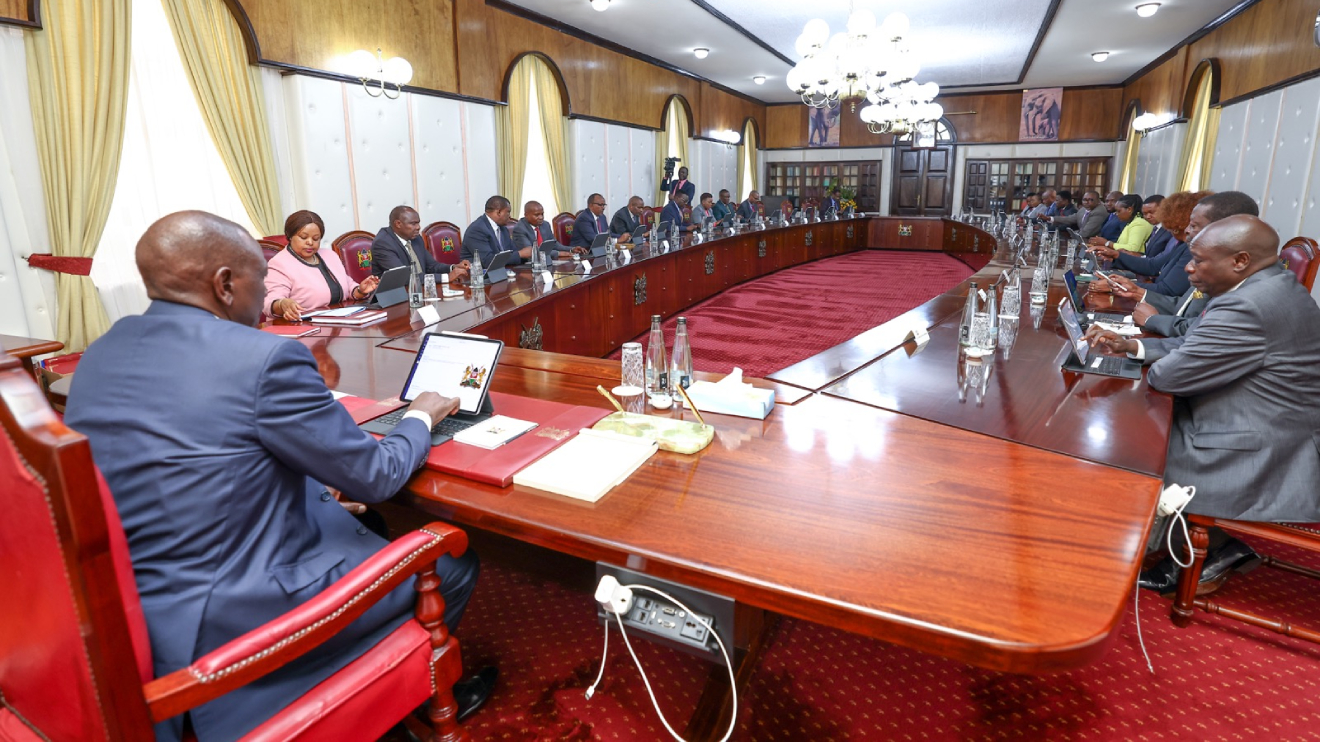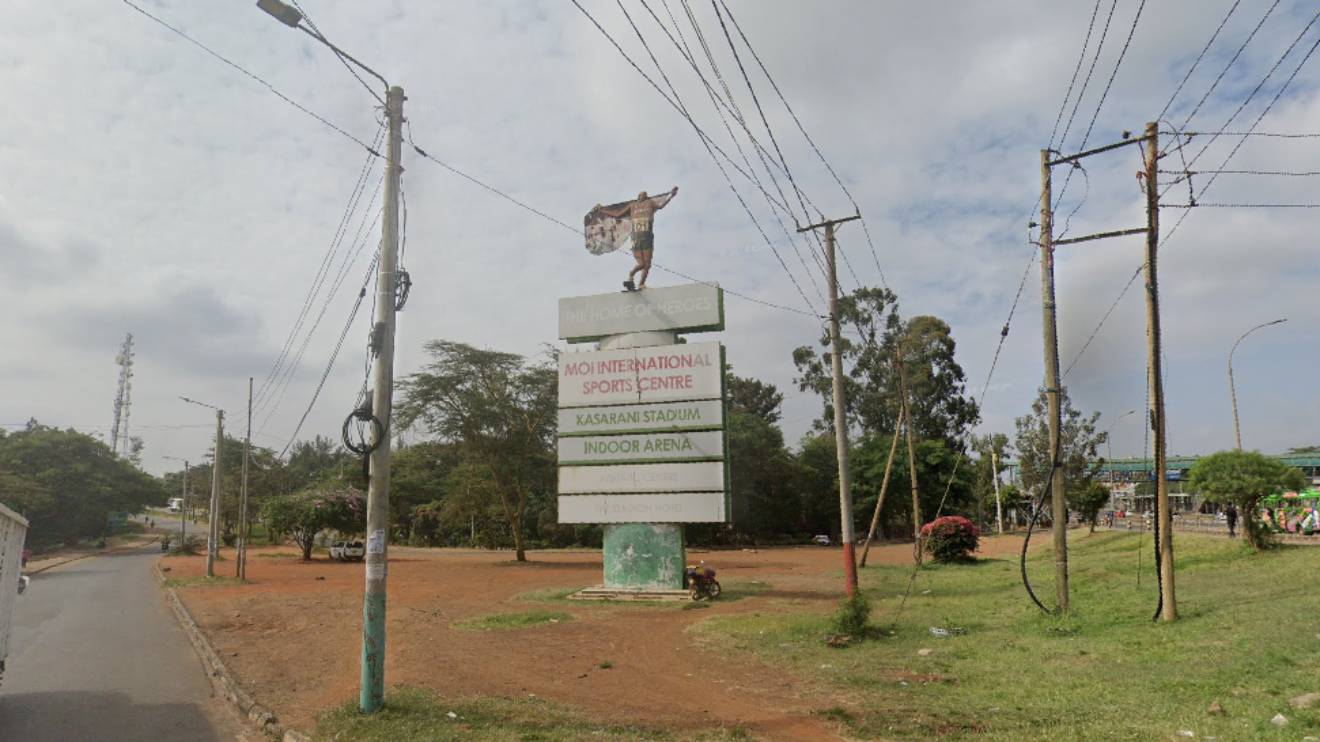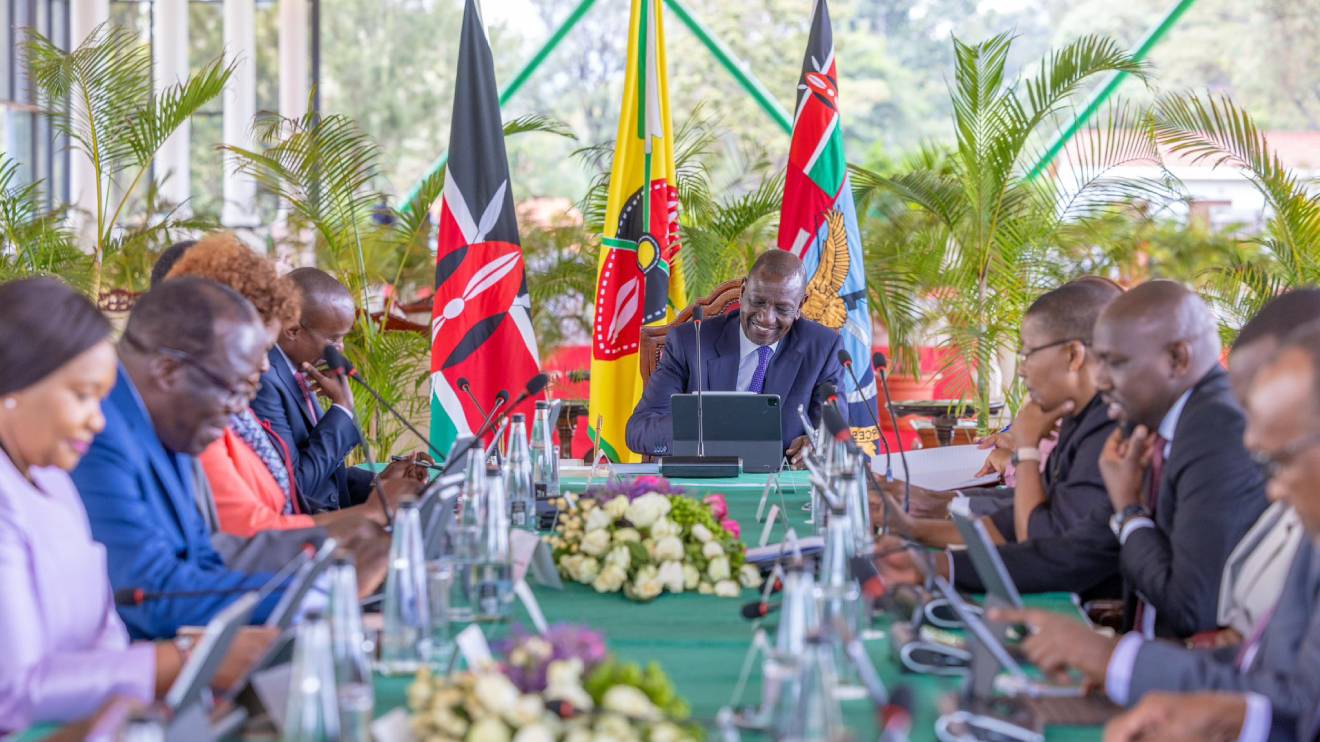The Financial Reporting Centre (FRC) has been granted the authority to impose sanctions for violations of the proceeds of crime, following the Cabinet's approval of the draft Anti-Money Laundering and Combating of Terrorism Financing Laws (Amendment) Bill, 2023.
If enacted by Parliament, the bill will empower the FRC, the country's anti-money laundering agency, to request the revocation of a reporting institution's license under specific circumstances.
The proposed legislation seeks to enhance penalties for violations related to cross-border currency declarations, aligning them with the standards set by the Financial Action Task Force (FATF).
Additionally, it includes amendments to the Insurance Act to provide a licensing framework for insurance companies, thereby addressing a deficiency in the current registration system for financial institutions.
In a move to further align reporting requirements, the bill mandates Reporting Institutions to promptly report suspicious transactions as soon as suspicion arises.
Read More
Moreover, the cash transaction reporting threshold will be raised from $10,000 to $15,000. The legislation also introduces a requirement for companies to maintain a register of beneficial owners.
During the Cabinet meeting held at State House on Tuesday, attention was drawn to the security situation in the country due to violent protests by the Opposition.
The Cabinet resolved to prioritize the protection of lives and property, reaffirming the government's commitment to ensuring public safety.
In another significant decision, the Cabinet approved the introduction and accreditation of Bridging Courses, aiming to enhance access to quality university education.
The Ministry of Education will develop guidelines to support the implementation of these courses, further promoting educational opportunities for students.
Recognizing the importance of environmental conservation, the Cabinet gave its approval for a Tree Planting and Nurturing Programme in educational institutions across the country.
Led by the Ministries of Education and Environment, Climate Change, and Forestry, this initiative will contribute to the government's goal of achieving 30 per cent tree cover by 2030.
It plans to establish tree nurseries in more than 45,000 schools, engaging millions of students and teachers in tree planting and nurturing activities.
Additionally, the Cabinet approved the Climate Change (Amendment) Bill, underscoring Kenya's commitment to actively participate in carbon markets.
This bill, aligned with the country's international commitments under the Paris Agreement, will provide a legal framework for regulating and managing carbon trading activities.
It seeks to foster a sustainable low-carbon future while supporting sustainable development and technology transfer.
Lastly, the Cabinet granted approval for the acquisition of Kenya Petroleum Refineries by the Kenya Pipeline Company Limited, signalling the government's efforts to streamline and consolidate its petroleum sector.
These decisions reflect Kenya's commitment to combatting money laundering, protecting the environment, and promoting sustainable economic development.
With the implementation of these measures, the government aims to strengthen the country's financial systems, create a greener future, and ensure a safer and more prosperous nation for its citizens.











